Top 5 Bass Fishing Goals for 2018
OutdoorHub Reporters 03.05.18
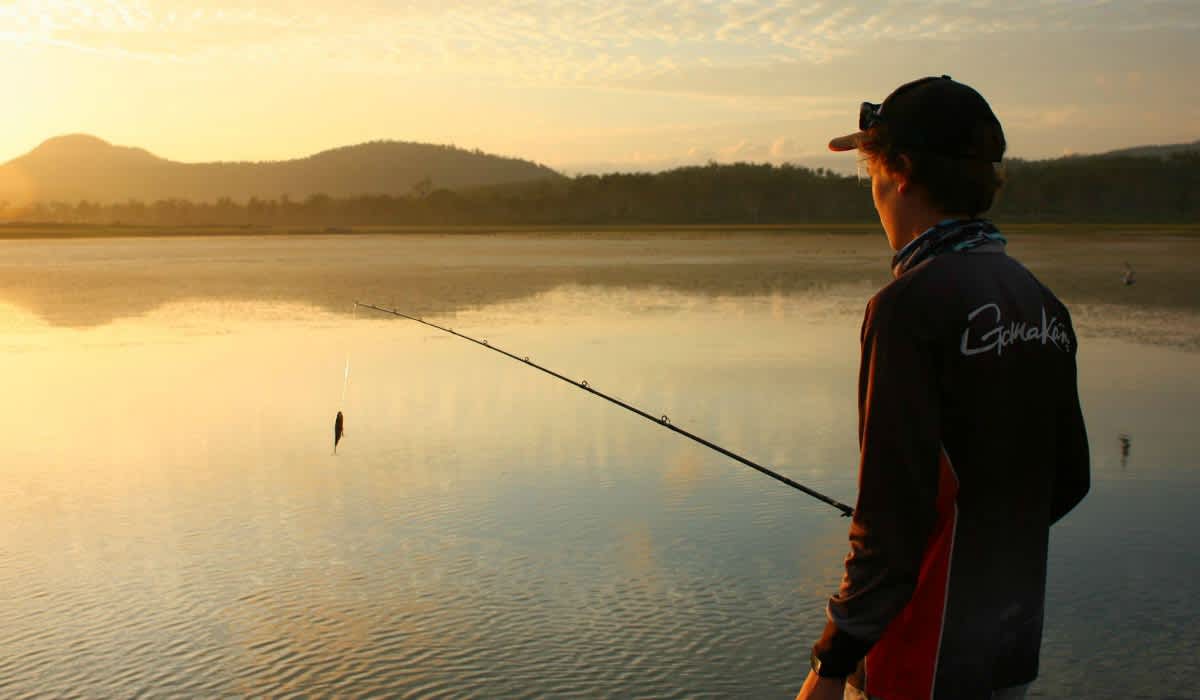
Anglers in the South are already pursuing largemouth bass, while those in the North, like me, are still a few months away from the open-water season. As with any new fishing season, we all have a bunch of things running through our minds in regards to what we need to get ready, and what we’d like to do. That said, I suggest you begin by setting some goals as to what you’d like to accomplish this year. So, sit back and let me give you a few thought-starters, and you can expand your own goals from there.
1. Get Organized
Start this year by going through your tackle. I’m purchasing a new boat this year, so as I was cleaning out my last boat for its new owner, I couldn’t believe how much tackle was in that rig. Take the time to go through your boat, and all your tackle boxes to see what you have, and ask yourself, Do I need this item? Just think of the weight you can remove if you have in the boat only what’s needed for your day-to-day fishing.
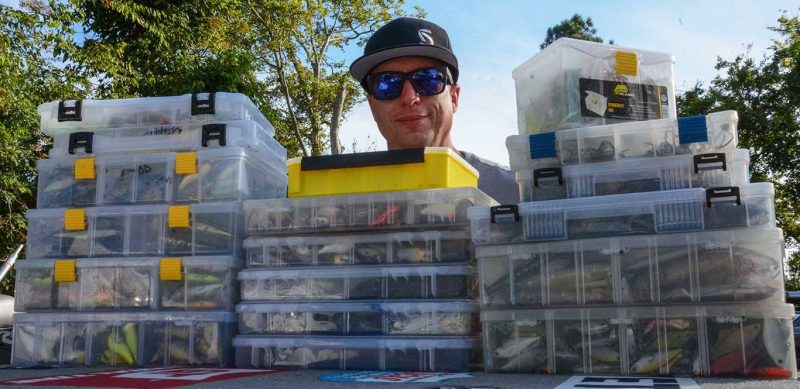
As I was taking things out, I couldn’t remember putting many of the lures or other stuff into the boat, and I certainly couldn’t remember why I thought I needed many of the items. Make the time to go through all your tackle piece by piece, and ask these questions: Did I use this lure last year? Did I catch fish on it? If the answer is “yes,” then it stays. If the answer is “no,” out it goes. This way, you’ll create room for new lures in your tackle system instead of just adding more boxes.
2. Lake Study
Before you head to the lake, take the time to do a little map study. Based on the time of year, where you should begin fishing to be successful? If this isn’t part of your pre-fishing ritual, you need to make it so. Yes, we all have memories of places that we’ve fished in the past, but to become a better fisherman, you have to fish new and different places to expand on what you already know.
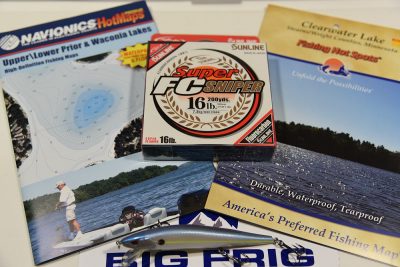
Sources to find some of this information are paper lake maps and map chips. If I’m fishing the lake for the first time, I’ll try to match different seasonal patterns to areas of the lake before I even back my boat into the water. That way, I’ll have a plan of how I think I can catch the fish before I even get there. Once I am there, I can start to implement my game plan and make adjustments along the way.
How do you think professional bass anglers can visit big bodies of water and figure out how to catch fish in such a short timespan? They all use this technique of having a game plan when on the water. And they aren’t afraid to make adjustments. Example: Perhaps they assumed bass would be spawning, but a search of the shallows reveals that most largemouths aren’t up on the beds yet. So, they make an adjustment to find pre-spawn fish and figure out a pattern.
Another tool to help you get a better look at the body of water is Google Earth. If you’re fishing waters that fluctuate, then you can track some of this depth movement and get a good overall look at the body of water on Google Earth. Use this tool to your advantage whenever you get the chance.
3. Learn a New Technique This Season
We all get into a rut in how we catch fish, but make it a yearly goal that you to try to learn a new fishing technique. Study what is needed, find out when it is best time to fish this new technique, then set your plan in motion. Don’t try to do this when the bite is tough because all you’ll do is fail to catch fish and then never give the system another try.
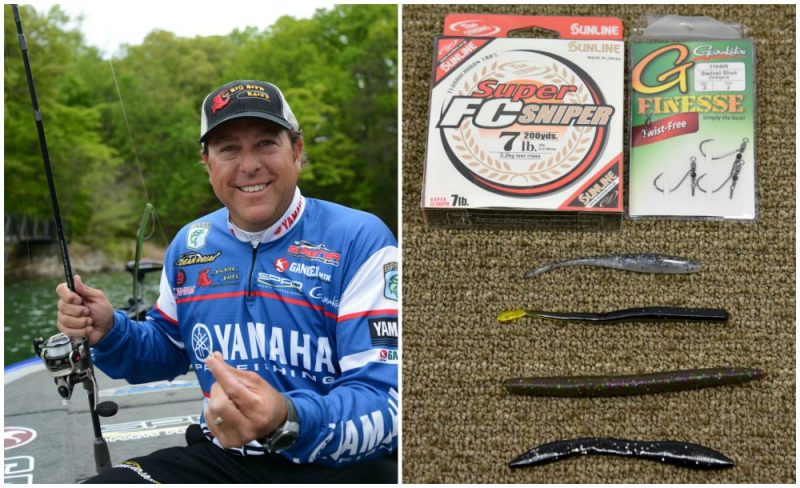
Of course, the bit might be tough at first, but stick with the new technique to see if you can make it work. In the long run, you’ll be a happier and better fisherman. This will allow you to adapt better to changing water conditions and bites. It will really pay off if you’re a tournament angler, because they don’t have the luxury of waiting for better weather or more active fish; they must find and catch fish under the given conditions.
4. Learn Your Electronics Better
If you take just one thing away from this article, please let it be this tip: Take the time to learn your electronics better. One of the most misunderstood pieces of equipment that we all have on our boats is our electronics. Force yourself to improve in this area. If you haven’t bought a new fishfinder in the last 10 years, you’re behind in the newest technologies. Make it a goal to get updated when you can.

If you do own a modern unit, then take the time to use all the new functions. One of the easiest ways to look and learn is by watching how-to videos on YouTube. Search your brand and model and look for videos. Watch and learn.
Another source is your local sport shows. Go to these shows and see if they are offering seminars on electronics and techniques. Take the time and talk to the company pros in attendance; ask them to show you how to work new features, and ask them how they are setting up, and running their units.
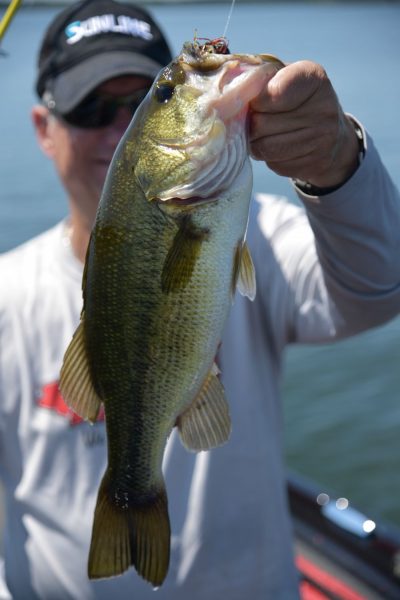
5. Set Up a Yearly Tournament Plan
Tournament anglers should set up their yearly event plan. By that I mean preplanning for each event based on the scheduled dates. Some of this may fall in the lake study part I discussed previously, but there is more to do than that when planning for an event. Use the internet to find tournament results from the past; that way you get an idea of what to expect, and learn how fish were caught during these tournaments. It will also give you a good idea of what to expect when it comes to weights. From that information, start to set up your tournament plan of how you are expecting to get to that point, and what you have to do to get there.
Another key is starting to keep records. Let’s face it — if you’re fishing a number of tournaments each year, then at some point you’ll return to the same lake, reservoir or river system in the future. Make it this year that you start to keep detailed records about water clarity, water levels, weed growth, weather conditions, fish location, and how you caught them. This will help you year to year in getting ready for a specific event, and it’s also a great way to help pass the time during offseason.
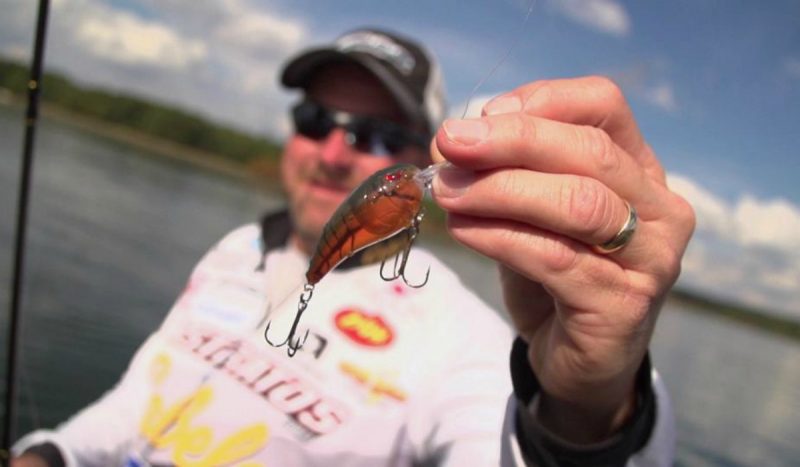
I hope this will help you get a few new ideas of how to get ready for this year’s fishing season. Do your research, form some ideas, come up with a game plan, then put that plan into motion. Your success on the water depends on it.

